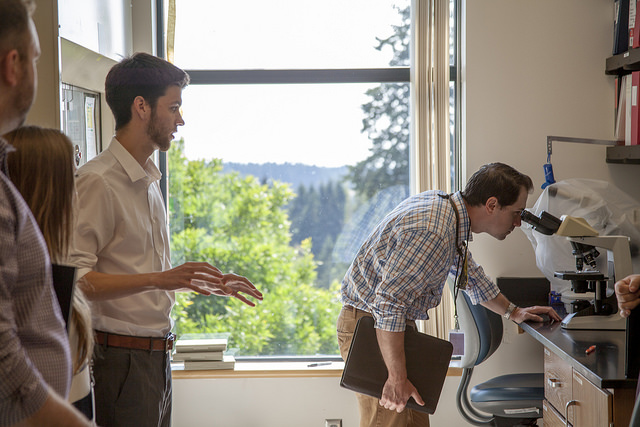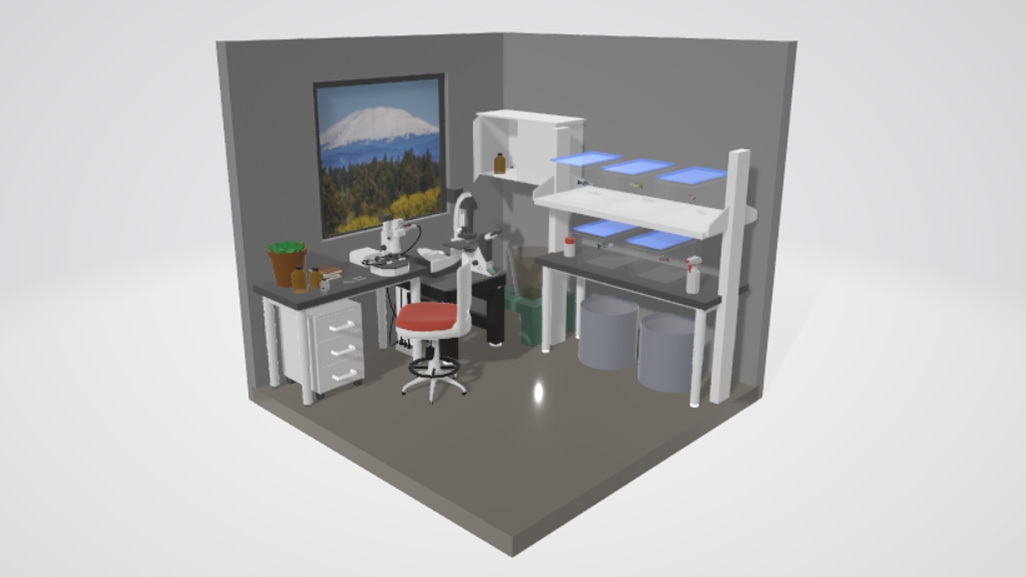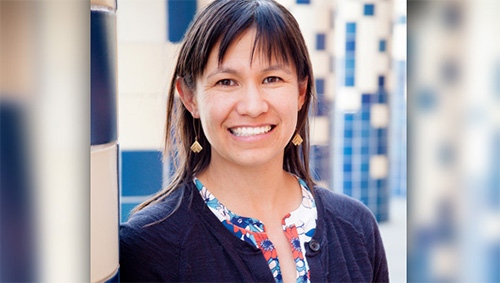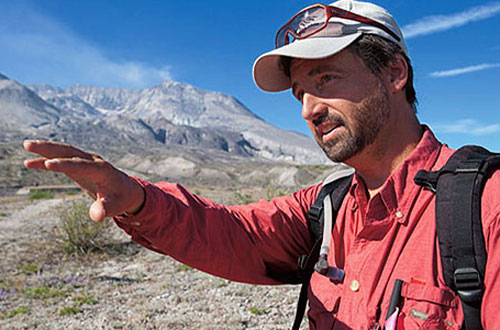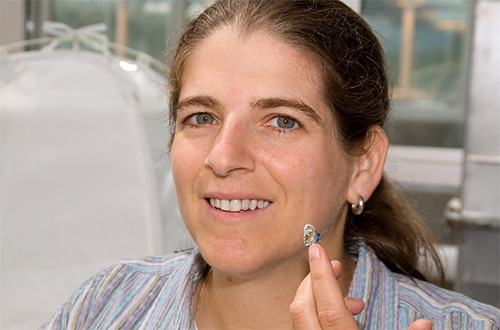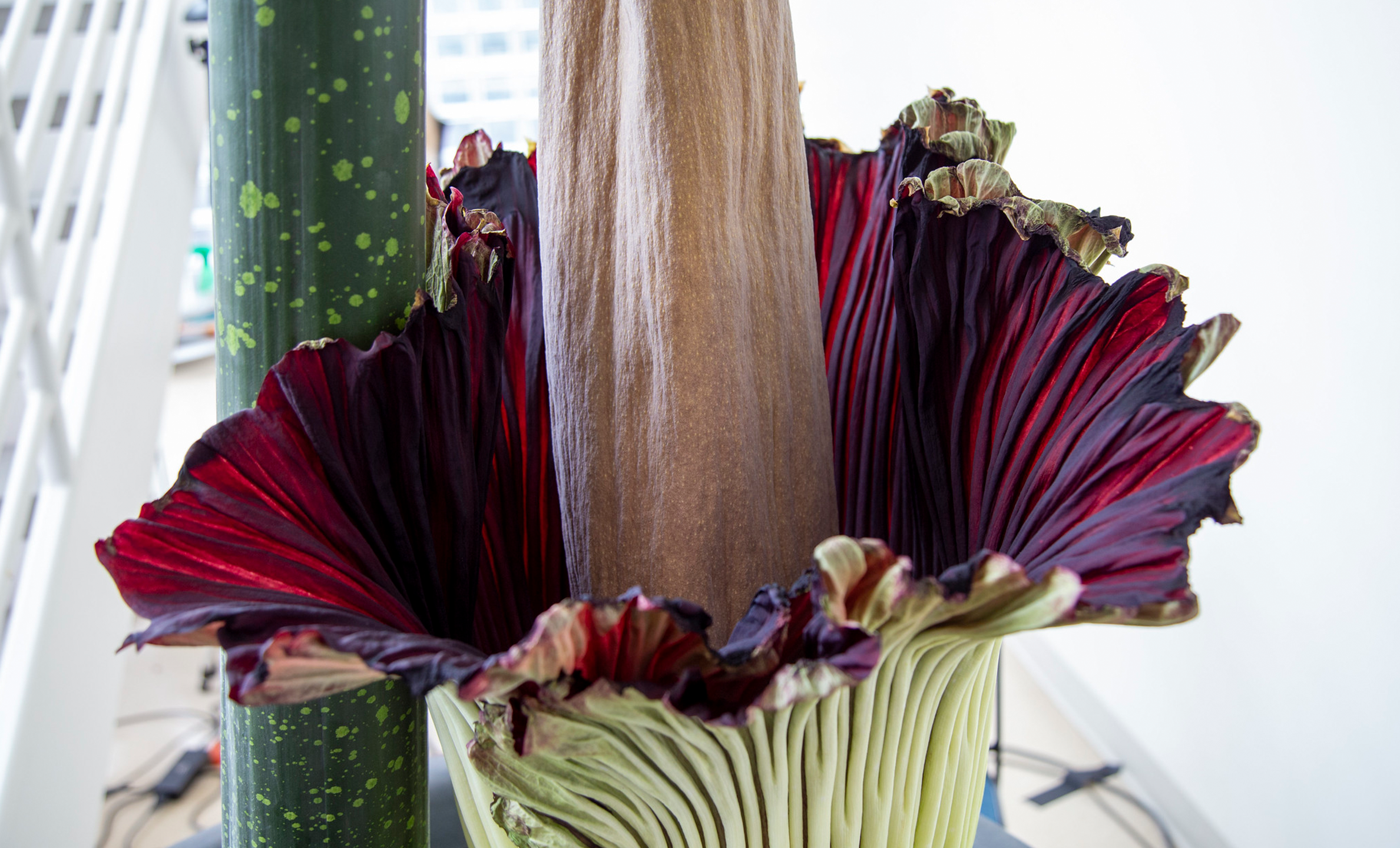
Biology
General Biology & Basic Medical Sciences
WSUV offers both general biology courses and specialized programs in Basic Medical Sciences to provide a comprehensive understanding of life sciences and human health.
What is Biology?
Biology is the study of all living things — how they reproduce, grow, evolve, and relate to each other and their environment. Organisms from bacteria from firs to elephants are studied at different scales of organization, ranging from chemical and molecular to the cellular, to populations and ecosystem. WSU Vancouver introductory course sizes are under 100 and many courses are under 30 students, allowing substantial interaction with instructors. Get hands-on experience help with research in faculty-led labs.
What Will I Learn?
At WSU Vancouver, the biology major is built around core courses in chemistry, biochemistry, cell biology, ecology, evolution and genetics. The program is shaped to emphasize cellular and molecular biology, microbiology, ecology and environmental science, neuroscience or human health (anatomy, physiology, animal development, etc...).
What Skills Will I Acquire?
- Mastery of biological concepts and the ability to integrate concepts across subfields of biology
- Effective written and verbal communication
- Scientific literacy and critical thinking skills
- Field and laboratory skills in area of emphasis, such as chemical, micro-biology and molecular biology lab skills through population surveys
What Careers are Available?
Health sciences professional (physician, physician’s assistant, nurse practitioner, dentistry, optometry, physical therapy and others), veterinarian, attorney, high school science teacher, health educator, food science technician, biomedical technician, forensics specialist, environmental consultant, environmental technician, pharmaceutical salesperson, science policy expert
Minor in Biology
For Biology minor details, see the course catalog.
Graduate programs
The B.S. in Biology also provides a solid foundation for graduate studies in the natural sciences. On the Vancouver campus, you can earn graduate degrees in environmental science, biology and plant biology, mathematics, environmental and natural resource sciences. For more information, see Graduate Studies.
Become a Biologist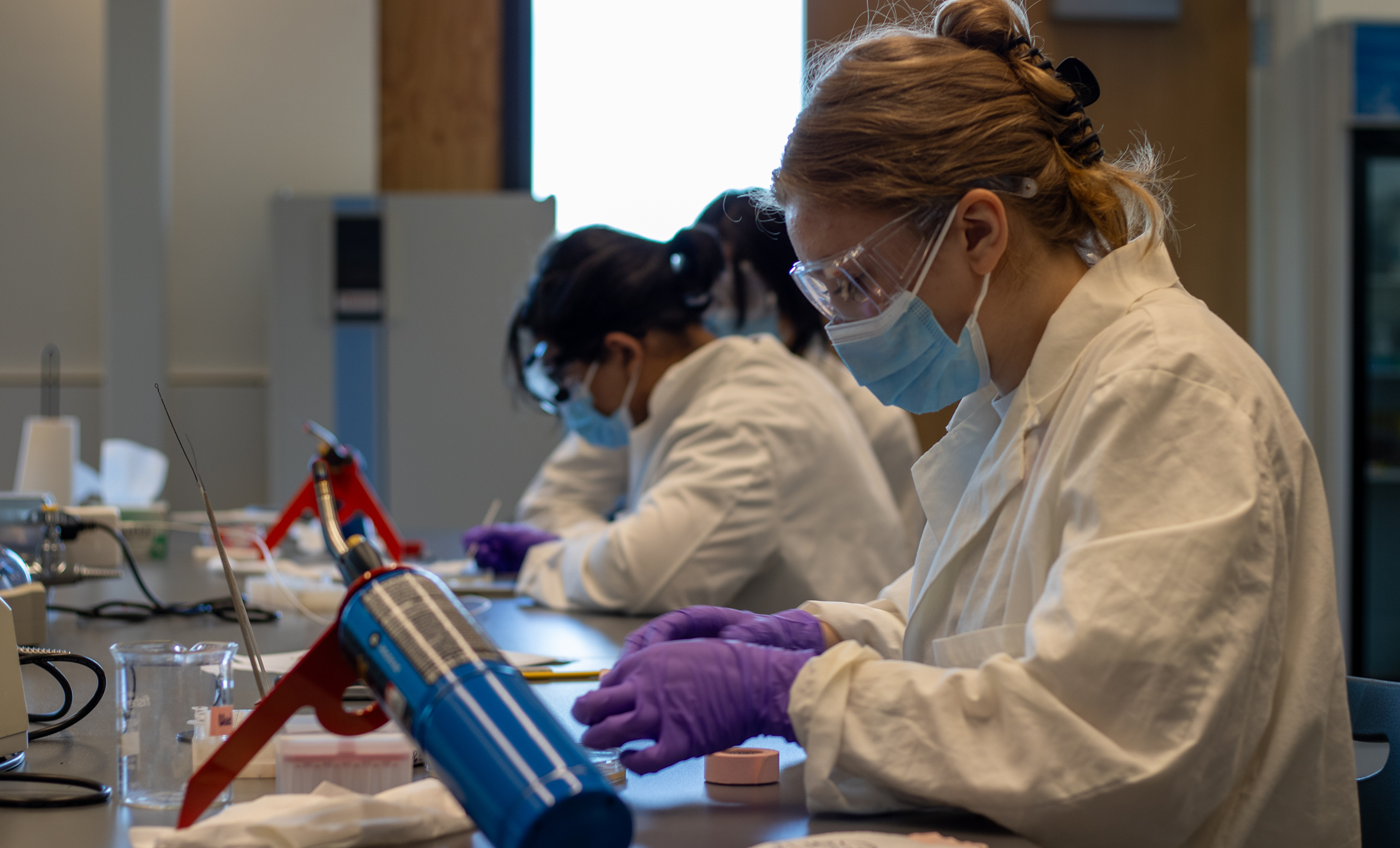
Chemistry
Tell Me About it.
Chemistry is an experimental and theoretical science that seeks to understand matter: its properties, compositions and various transformations.
What Will I Learn?
At WSU Vancouver, you will learn the basic principles of chemistry, including atomic and molecular structure, chemical dynamics, and the chemical and physical properties of substances. You will gain insights into the subfields of chemistry, including analytical, inorganic, organic, biochemistry and physical chemistry. Your ability to retrieve, read, critically evaluate and interpret general scientific information will be greatly improved.
What Skills Will I Acquire?
- Analytical skills
- Critical and creative thinking skills
- Quantitative reasoning and problem-solving skills
- Scientific and Information literacy skills
- Written and oral communication skills
What Careers are Available?
Lab technician, field scientist, forensic scientist, material scientist, K-12 science teacher, environmental chemist, toxicologist, quality control chemist, hazardous waste chemist, research chemist, science writer…
Become a Chemist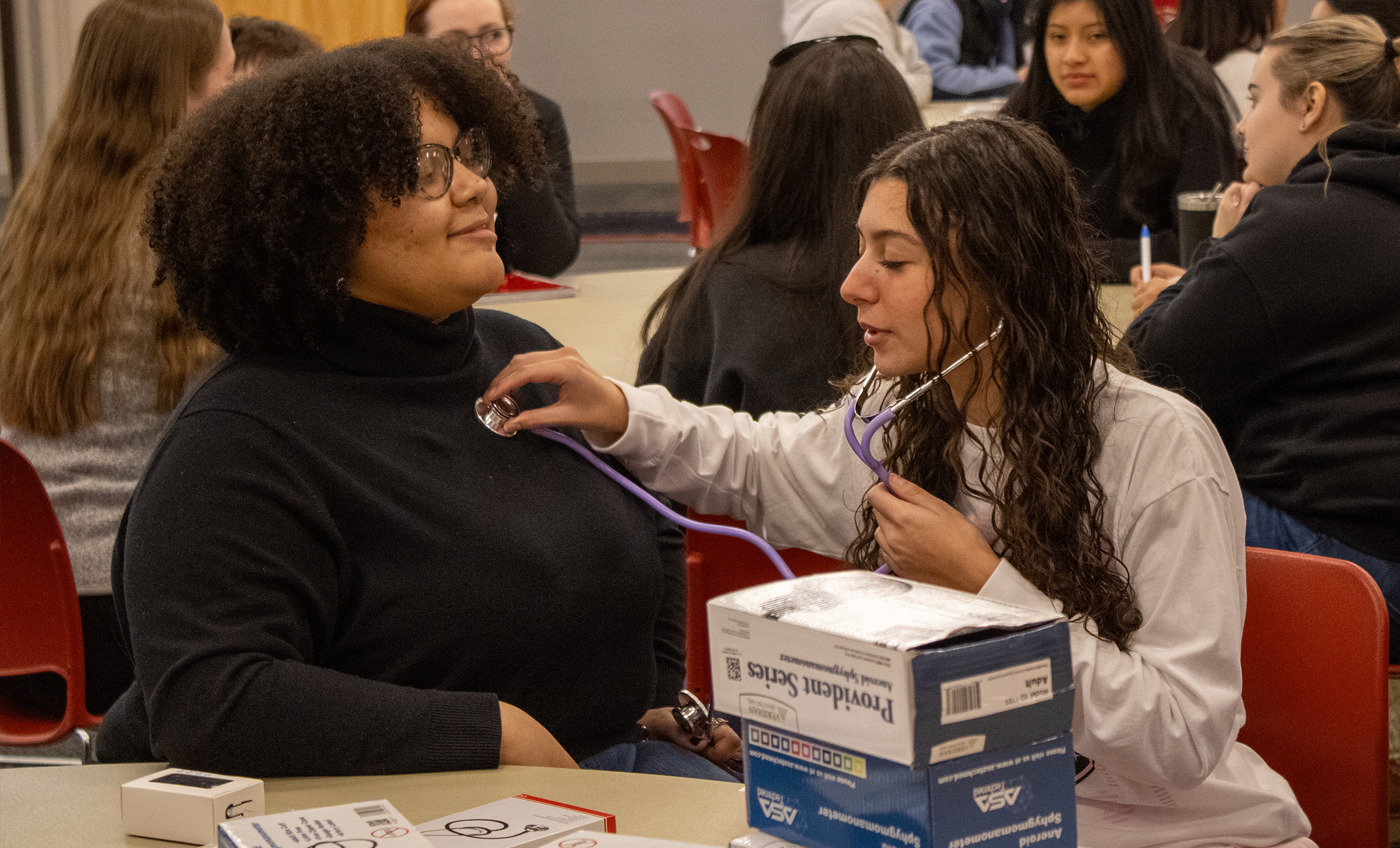
Human Biology
Tell Me About it.
The human biology program melds approaches and content from social and biological sciences to provide a vibrant, synthetic understanding of the roles of culture, the dynamics of natural and social systems, and the biological attributes responsible for shaping the human being.
What Will I Learn?
At WSU Vancouver, you will study the natural and social sciences, and take classes from anthropologists who work in the field. You will study human and non-human primates past and present from ecological and evolutionary perspectives. You will work in a bio-anthropology lab, study diseases around the world, and see the work of anthropologists with international organizations and local people. You will develop intellectual skills necessary to identify and solve real-world problems.
What Careers are Available?
Animal biologist, inspector, biomedical technician, research associate, botanist, scientific lab director, cell biologist, developmental biologist, vision scientist, environmental consultant, zoologist, health care professional...
Become a Human Biologist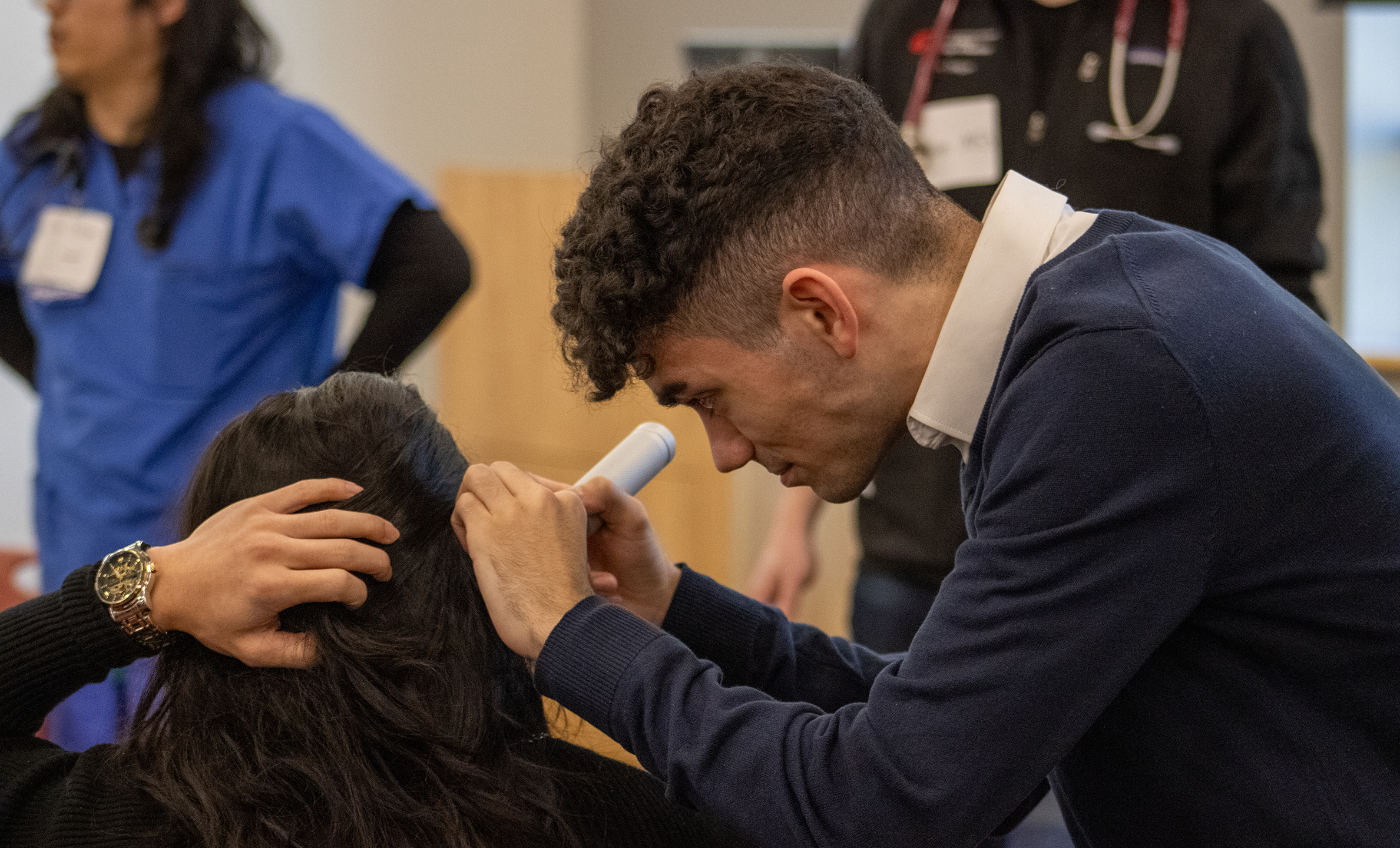
Neuroscience
Tell Me About it.
Neuroscience combines exciting aspects of biology and psychology. It is designed to prepare you for careers in biomedical and clinical health sciences, including pre-medicine and other health-related fields, veterinary medicine, research and more.
What Will I Learn?
At WSU Vancouver, you will have the opportunity to contribute to some of the most important scientific questions of our time: How do your brain cells allow you to hear music, form memories, feel pain or become addicted to drugs? Learn how the brain and nervous system are altered by disorders such as epilepsy, schizophrenia, Alzheimer’s and Parkinson’s disease.
What Skills Will I Acquire?
- Critical thinking
- Written and oral communication
- Experimental research training
- Problem-solving
What Careers are Available?
Medical/health-care professional, laboratory technician, medical technician, transcranial magnetic stimulation technician, pharmacy technician, lab animal care technician, science writer/journalist, pharmaceutical sales representative, substance abuse counselor, neurological physical therapist
Minor in Neuroscience
For complete information about the program, see the current handbook (.docx).
What Careers are Available?
Animal biologist, inspector, biomedical technician, research associate, botanist, scientific lab director, cell biologist, developmental biologist, vision scientist, environmental consultant, zoologist, health care professional...
Become a Neuroscientist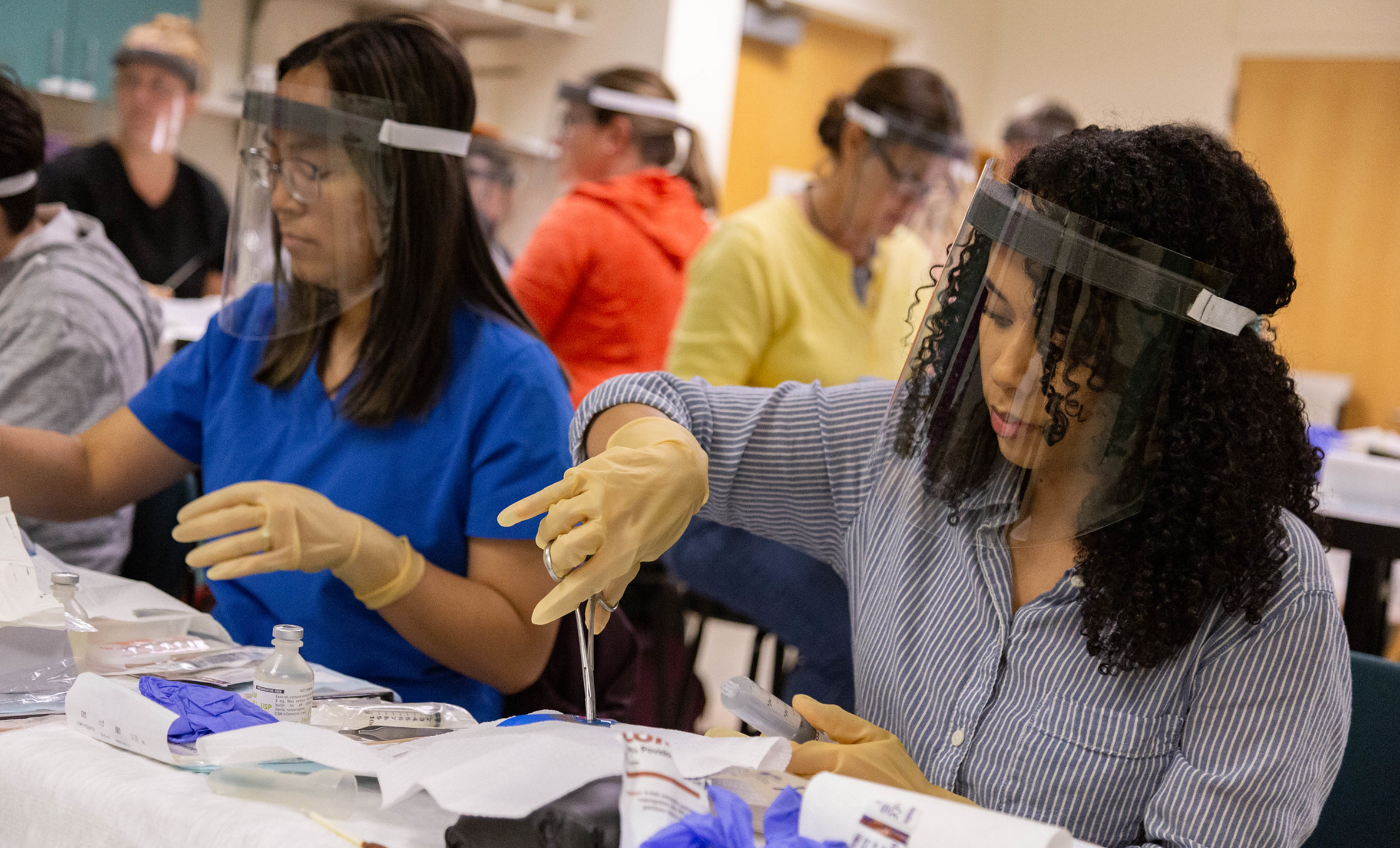
Nursing Programs & Certificates
Nursing Programs
WSU Vancouver College of Nursing offers several nursing degrees, graduate certificates and track options for licensed RNs. Our programs offer flexible course delivery for working nurses.
- RN to Bachelor of Science in Nursing
- Master of Nursing in Population Health
- Doctor of Nursing Practice (both post-baccalaureate and post-master’s options available)
- Family Nurse Practitioner
- Psychiatric Mental Health Nurse Practitioner
- Population Health
- Post-Master’s General
Graduate Certificates
There are three graduate certificates available at our school!
- Nursing Leadership
- Nursing Education
- Population Health
- Post-Master’s General
The bachelor's, master’s, and doctorate of nursing practice programs at Washington State University Vancouver College of Nursing are accredited by the Commission on Collegiate Nursing Education.
Become a Nurse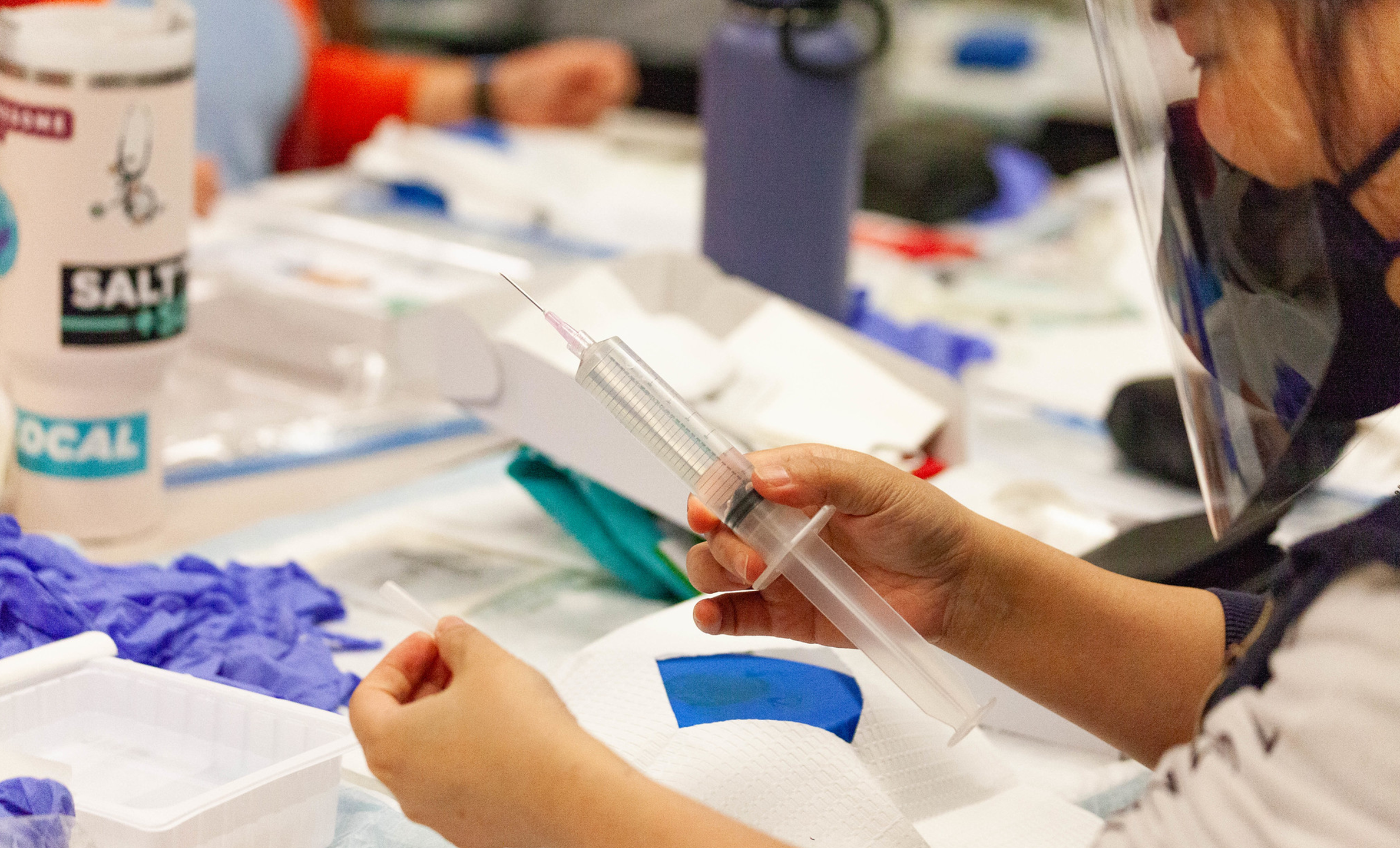
Graduate Study in Natural Sciences
Explore science in the Pacific Northwest
As part of Washington State University, WSU Vancouver is a small school with big-school resources. Graduate students can work on well-funded research in state-of-the-art laboratories. Most receive multiyear stipends combining teaching and research assistantships as well as tuition waivers.
WSU Vancouver is just across the Columbia River from Portland, Oregon, and is close to the Cascade Mountains, Puget Sound and the Pacific Ocean. In addition to its celebrated quality of life, the Pacific Northwest boasts a fruitful climate for scientific collaboration, with opportunities at numerous medical, environmental, research and teaching institutions throughout the region
Faculty Research and Graduate Study
WSU Vancouver science faculty conduct research across the broad disciplines of biological and environmental sciences. If you’re interested in pursuing a graduate degree, start by viewing the Faculty research directory and contact potential research mentors directly.
Degree Programs
- Biology and Plant Biology (MS and PhD)
- Environmental and Natural Resource Sciences, M.S. and Ph.D.
- Molecular Biosciences (MS and PhD)
